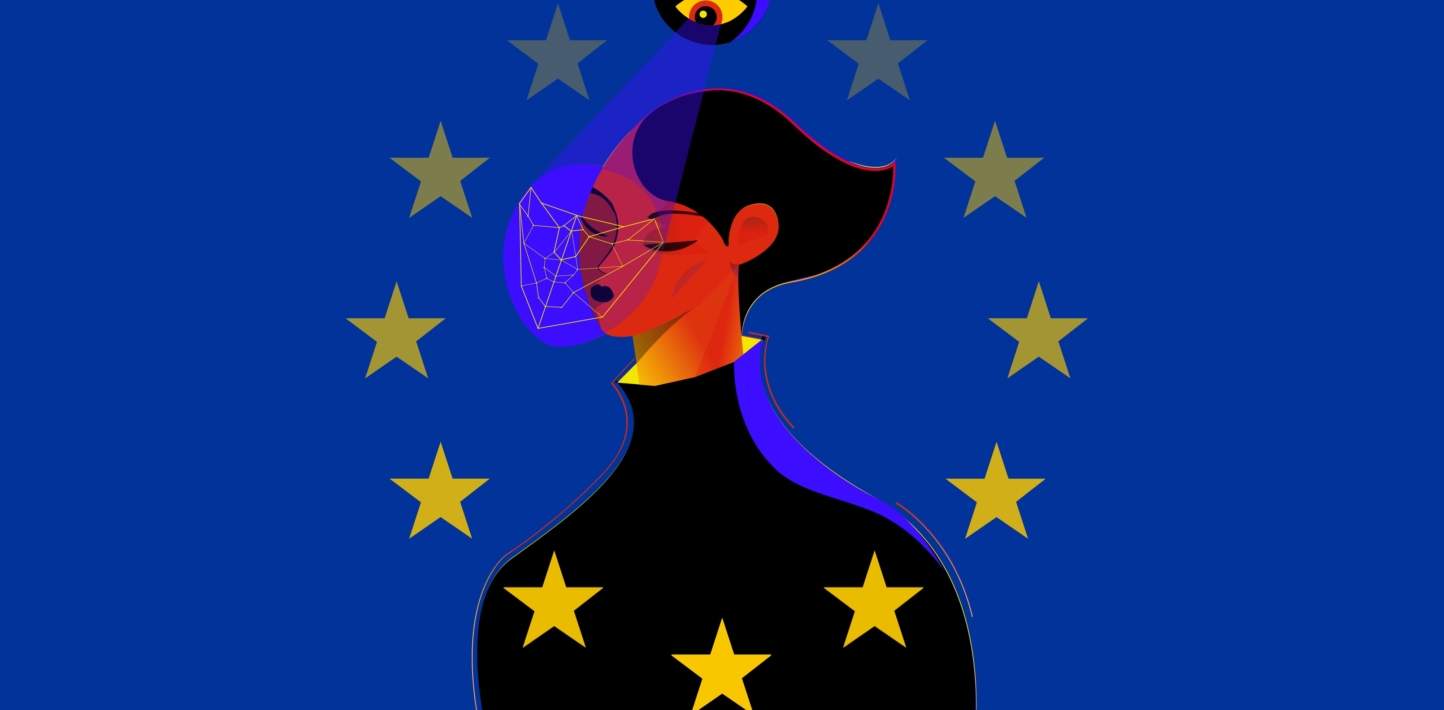Amnesty International and partners are calling on European Union member states to ensure the upcoming Digital Services Act (DSA) contains robust human rights protections, in an open letter published today.
The letter – signed by 72 European civil society organizations – is calling for the DSA to be strengthened to clamp down on intrusive online tracking ads and manipulative “dark pattern” techniques.
“This is a pivotal moment for European member states in shaping our online future in a way that protects our fundamental human rights,” said Alia Al Ghussain, Campaigns and Communications Officer at Amnesty Tech.
“By supporting key amendments to the Digital Services Act, EU member states will take important steps towards changing the current system of invasive data harvesting and microtargeting.
“It’s time for the online tracking business model to be phased out, and for dark patterns that trick users into sharing their personal data to be banned.”
Key amendments in the DSA that would protect human rights include Article 13a (‘Online interface design and organisation’) which will prohibit the use of dark patterns – manipulative software interfaces designed to trick users into unintentionally consenting to sharing their personal data.
The strengthening of Article 24 (‘online advertising transparency’) will help to exclude sensitive types of personal data for ad targeting purposes, increasing people’s protection online and preventing illegal data harvesting practices.
Background
The Digital Services Act is a proposal by the European Commission, which was submitted to the European Parliament and the European Council on 15 December 2020. Amnesty International has publicly campaigned and advocated for the legislation to include a ban on invasive tracking-based advertising.
Trilogue negotiations on the proposed legislation are scheduled to take place in the coming weeks between the European Parliament, the Council of the European Union and the European Commission.
In a poll commissioned by Amnesty International and Global Witness in January, 75% of small business leaders in France and Germany said they believed tracking-based advertising undermines peoples’ privacy and other human rights, and that they wanted alternatives to Facebook and Google’s dominant tracking-based advertising.
For more information or to arrange an interview, please contact: [email protected]
Out of hours contact details:
telephone: +44 20 7413 5566
email: [email protected]
Twitter: @amnestypress


